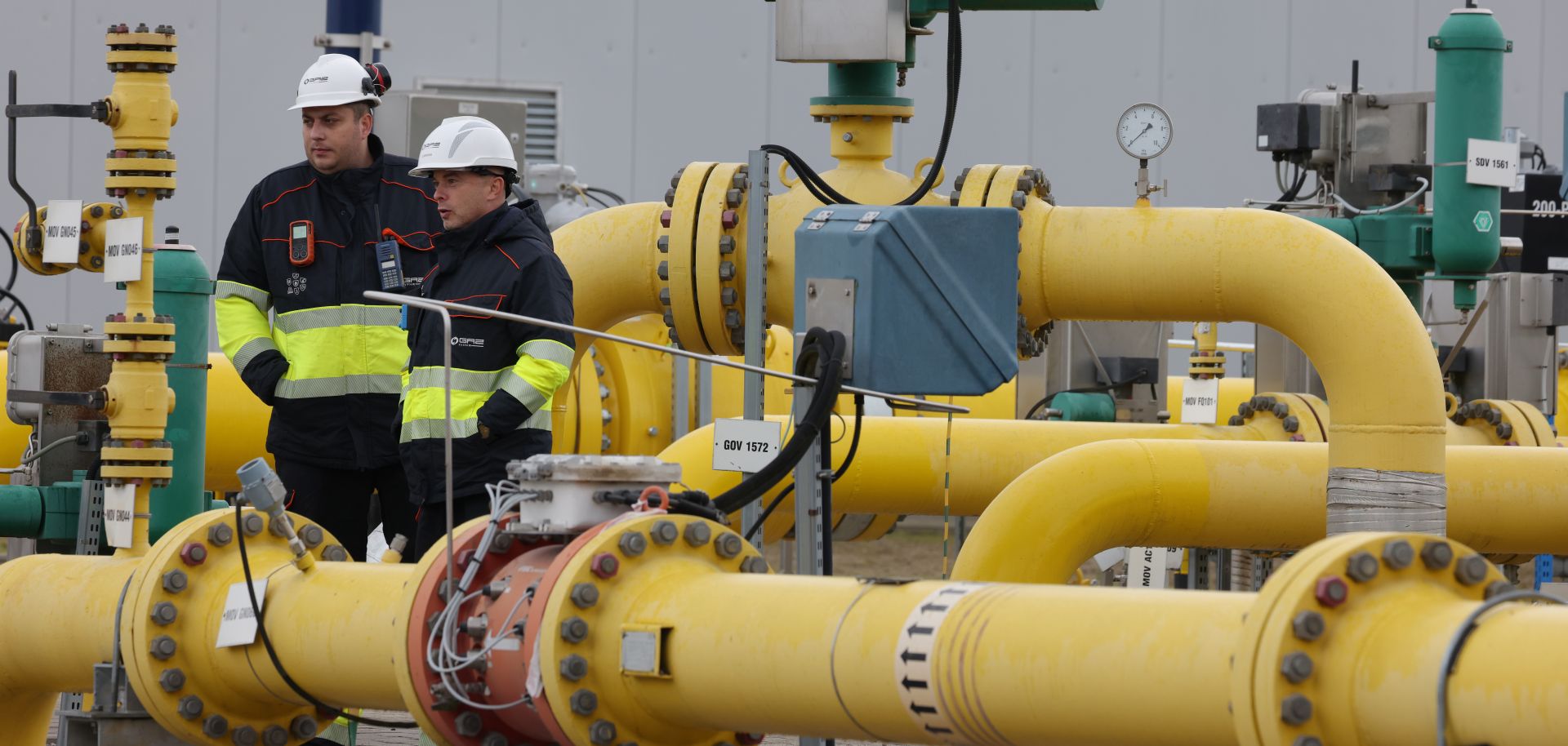EU efforts to shore up energy supplies and reduce consumption have lowered the likelihood of natural gas shortages in Europe between late 2022 and early 2023. But sustained high energy prices and demand destruction will likely hurt Europe's economic growth and industrial competitiveness in the medium-to-long term. EU countries approved on Oct. 20 a new package of emergency energy measures aimed at addressing the bloc's energy crisis, the fourth since Russia's invasion of Ukraine. EU leaders agreed on an emergency brake on price spikes through a dynamic price corridor -- allowing the European Commission to work on the development of a new gas price benchmark tied to liquified natural gas (LNG) prices in the meantime -- and to explore the temporary use of a price cap on gas used in electricity generation. Countries also agreed on a voluntary plan to jointly purchase gas and increase leverage in negotiations with global...

